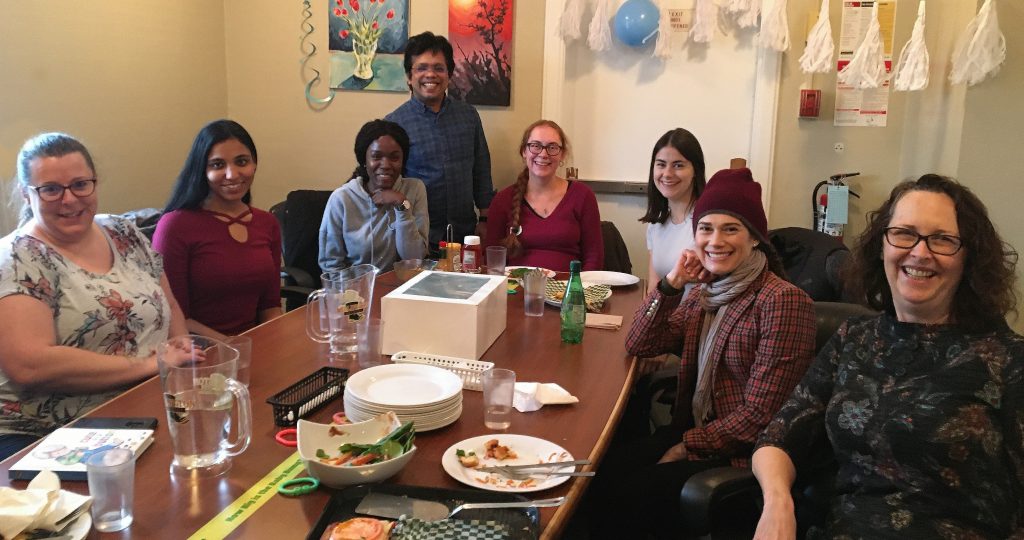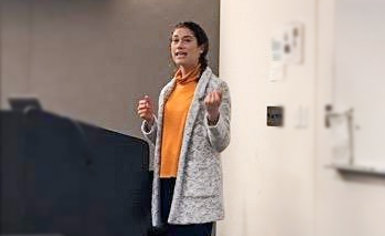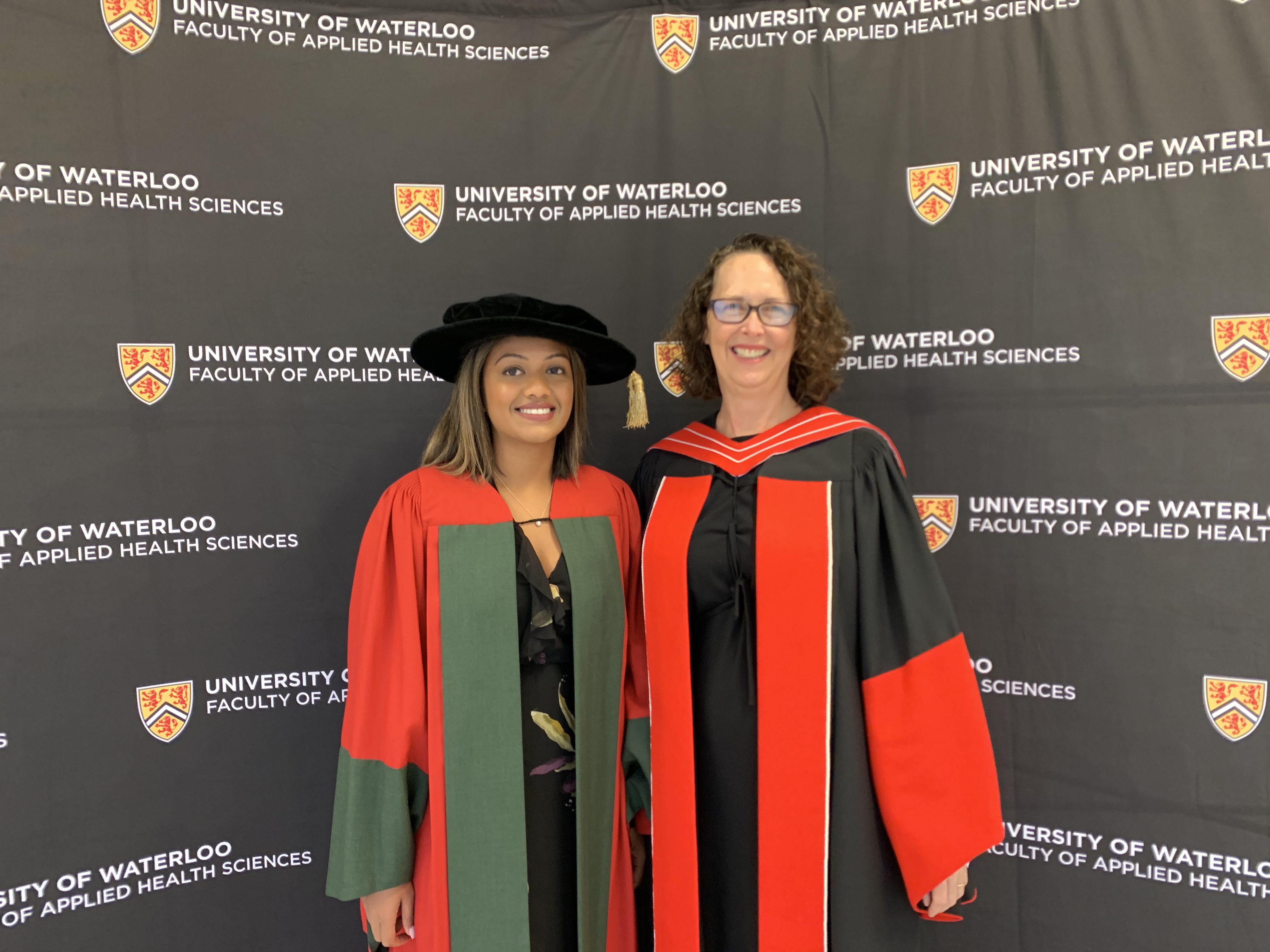As an individual with lived experience of mental illness and addiction issues, in this presentation I will share some of my ongoing reflections on what it has been like navigating the research process with this embodied knowledge. I will discuss how such personal disclosure has impacted my involvement and role in the research project, working with other members on the research team, as well as engaging with, and interpreting the data. The goal of this presentation is to begin a conversation regarding inherent opportunities and challenges of such disclosure, and how exposing my own “vulnerabilities” created possibilities for analyzing the data. Recognizing that every qualitative researcher is not only critical to, but implicated by, the analysis and interpretation process, this presentation will outline some uncertainties and insights in relation to navigating this interactional process, and will touch upon issues of reflexivity, embodiment, and disclosure in practice.
 Congratulations to Katya McKnight, study coordinator, on the impending arrival of her second child. We wish her the very best with her growing family. Sadly, we also say farewell to Katya as the RTW and Mental Health study has come to a close. This very successful study was superbly managed by Katya, and our output is just emerging (more in this in later posts). We anticipate working with Katya again on future grants.
Congratulations to Katya McKnight, study coordinator, on the impending arrival of her second child. We wish her the very best with her growing family. Sadly, we also say farewell to Katya as the RTW and Mental Health study has come to a close. This very successful study was superbly managed by Katya, and our output is just emerging (more in this in later posts). We anticipate working with Katya again on future grants.

 On November 15,
On November 15,  On Oct 25th, our lab member Sonja Senthanar was awarded her PhD in Public Health and Health Systems. She is now working on an excellent post-doctoral fellowship with the Partnership for Work, Health and Safety within the School of Population and Public Health at the University of British Columbia. All the best to you, Sonja!
On Oct 25th, our lab member Sonja Senthanar was awarded her PhD in Public Health and Health Systems. She is now working on an excellent post-doctoral fellowship with the Partnership for Work, Health and Safety within the School of Population and Public Health at the University of British Columbia. All the best to you, Sonja!